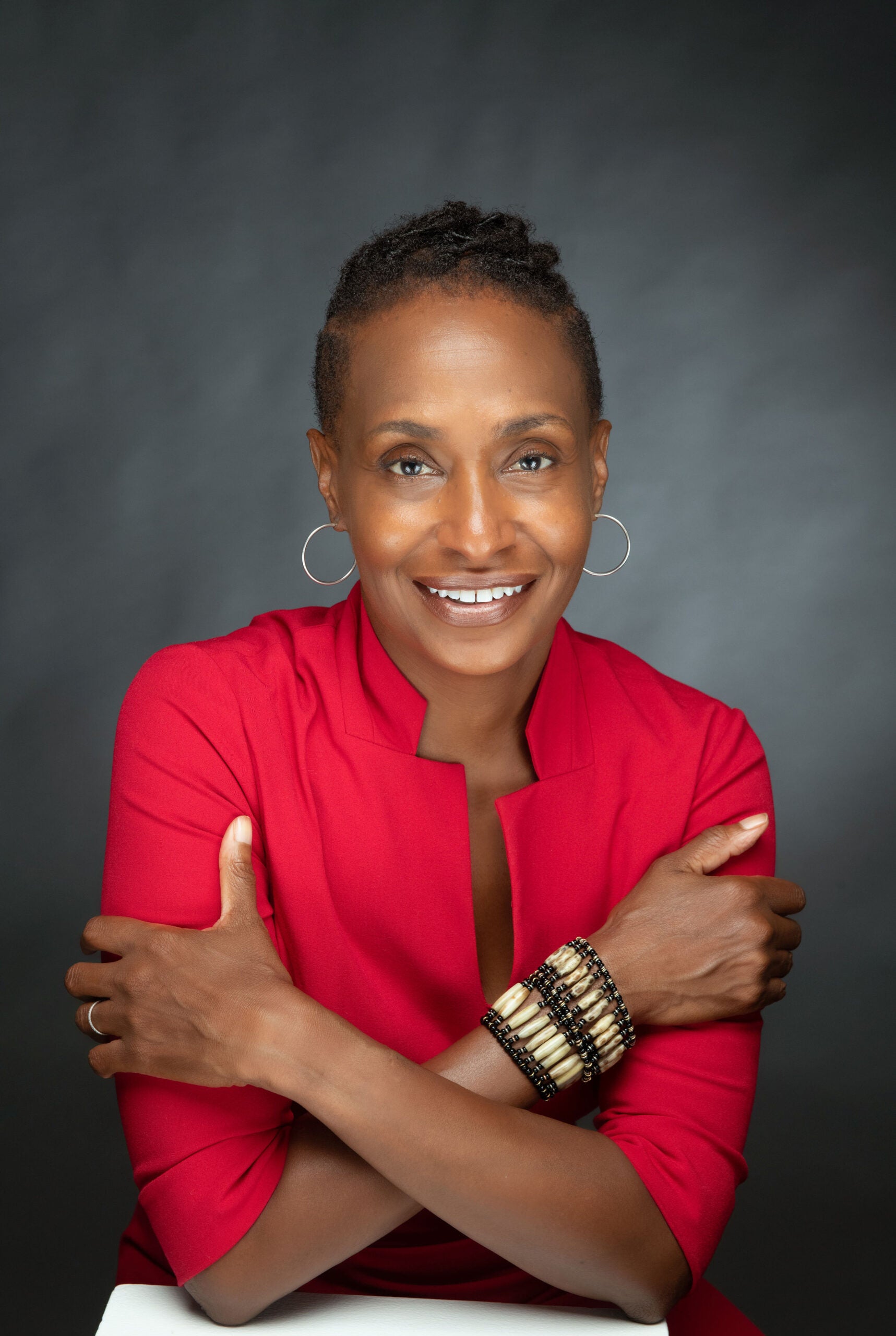The Black Scholar Series – Dr. Lisa Bowleg (Main Lecture)
Lessons from HIV Prevention Research with Diverse Black Men in the U.S. (Or How my Predoctoral Work in Women’s Studies and HIV Policy Taught Me Almost Everything I Needed to Know about Becoming a Critical Psychologist)
February 16, 2023
9:00 AM - 10:30 AM America/Chicago
Intersectionality. Critical theoretical frameworks. Social-structural context. Qualitative and mixed methods research. These critical frameworks, focal areas, and methodological approaches feature prominently in my HIV prevention research with U.S. Black men at diverse intersections of sexuality (i.e., gay, bisexual, and other men who have sex with men, heterosexual). Yet, I learned nothing about intersectionality, critical theoretical frameworks, social-structural approaches, or qualitative or mixed methods research during my doctoral studies in Applied Social Psychology. Instead, my undergraduate and graduate work in Women’s Studies and my pre-doctoral work as an HIV policy analyst deserve most of the credit for the critical theoretical and methodological approaches that characterize my work. These unconventional (at least for mainstream psychology) approaches to research have shaped virtually every aspect of my National Institutes of Health-funded HIV prevention research program. Using lessons from my HIV prevention research with diverse groups of Black men at different intersectional positions (e.g., class, sexuality) as a foundation, my presentation will address:
- Critical psychology and why I identify as a critical psychologist;
- Why critical frameworks (e.g., intersectionality, critical race theory, structural racism) are essential for social justice and health equity work;
- Why qualitative approaches are so indispensable to research with people from underrepresented or historically marginalized and oppressed groups;
- The necessity of interdisciplinary perspectives and participatory action research approaches; and
- Why it’s so critical that research with people from historically oppressed groups, should always investigate what I call the “good stuff”: protective factors, people’s strengths and assets, joy, and the resources people draw on to get them through oppression and tough times.
Critical psychology and why I identify as a critical psychologist;
- Why critical frameworks (e.g., intersectionality, critical race theory, structural racism) are essential for social justice and health equity work;
- Why qualitative approaches are so indispensable to research with people from underrepresented or historically marginalized and oppressed groups;
- The necessity of interdisciplinary perspectives and participatory action research approaches; and
- Why it’s so critical that research with people from historically oppressed groups, should always investigate what I call the “good stuff”: protective factors, people’s strengths and assets, joy, and the resources people draw on to get them through oppression and tough times.
Date posted
Dec 1, 2022
Date updated
Jan 24, 2023
